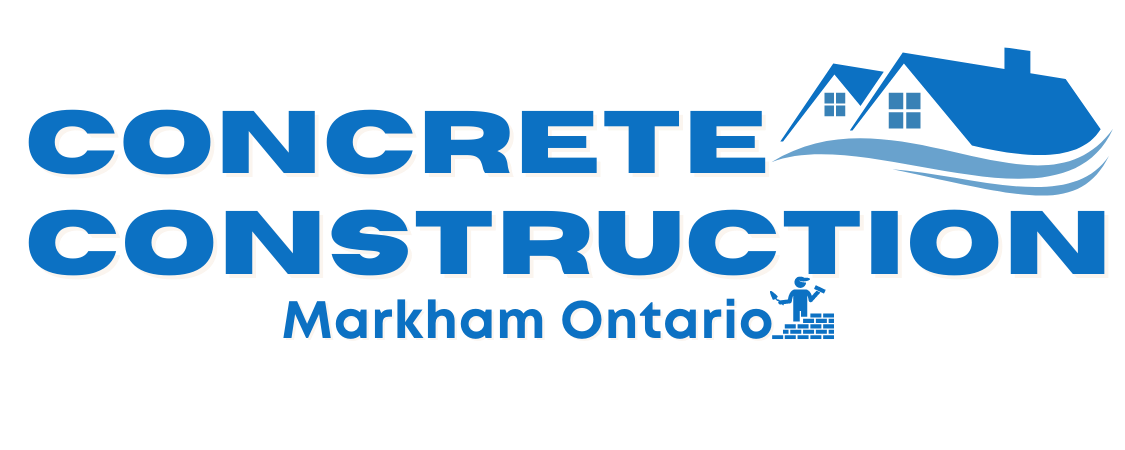The Benefits of Concrete in Modern Construction and Infrastructure Projects
There are a lot of benefits of concrete which include its versatility which is one of the reasons why it’s widely used in buildings even today. It is essential for modern construction and infrastructure projects. It is a composite material made from a mixture of cement, water, and aggregates, such as sand, gravel, or crushed stone. The use of concrete in construction dates back to ancient times, and it has continued to evolve and improve over the centuries. Today, concrete is used in a variety of construction applications, from skyscrapers to bridges to highways.

The Benefits of Concrete in it’s Strength and Durability
One of the primary advantages of concrete as a building material is its strength and durability. Concrete’s composition and curing process make it a reliable and long-lasting material. When properly mixed and cured, concrete can withstand significant compressive and tensile forces. It is also resistant to weathering, erosion, and other environmental factors that can cause other building materials to degrade over time.
Fire Resistance
Another significant advantage of concrete is its fire resistance. Concrete has a high resistance to heat and can withstand high temperatures without losing its structural integrity. This makes it an ideal material for building in areas prone to wildfires or other types of fires. Additionally, concrete can be used as a fireproofing material to protect steel structures from heat damage.
Energy Efficiency
Concrete’s thermal mass makes it an energy-efficient building material. The density of concrete allows it to absorb and store heat, which can help regulate building temperature and reduce energy costs. In warmer climates, the thermal mass of concrete can help keep buildings cool by absorbing heat during the day and releasing it at night. In colder climates, the thermal mass of concrete can help keep buildings warm by absorbing heat from sunlight during the day and releasing it at night.
Versatility in Design
Concrete’s versatility is another advantage. It can be used for both structural and decorative purposes. Concrete can be molded into a variety of shapes and sizes, making it a flexible material for architects and designers. It can also be colored, polished, or stamped to achieve a wide range of aesthetic effects. Additionally, concrete can be used in combination with other building materials, such as wood or steel, to create unique and innovative designs.
Environmental Considerations

The sustainability of concrete production and use is another advantage. While the production of cement, a key component of concrete, is energy-intensive and produces greenhouse gas emissions, concrete is still considered a sustainable building material. This is due to its durability and long lifespan, which reduces the need for frequent replacement and repair. Additionally, advancements in concrete production technology have led to the development of more sustainable practices, such as the use of alternative fuels and carbon capture.
Low Maintenance
Concrete’s durability also makes it a low-maintenance building material. Unlike other materials, such as wood, concrete does not require frequent painting or staining. Additionally, concrete does not rot or attract pests, which can significantly reduce the need for maintenance and repairs.
Cost-Effectiveness
Another benefit of concrete is that it can be a cost-effective building material for some projects. While the initial cost of concrete may be higher than other materials, such as wood or brick, its durability, and low maintenance costs can result in long-term savings. Additionally, concrete’s versatility and energy efficiency can lead to further cost savings over time.
Conclusion: The Benefits of Concrete as a Reliable and Sustainable Building Material
Concrete is a versatile and reliable building material that offers a range of benefits for modern construction and infrastructure projects. Its strength and durability, fire resistance, energy efficiency, versatility in design, environmental sustainability, low maintenance, and cost-effectiveness make it an ideal choice for a wide range of applications. As advancements in concrete production and technology continue, the use of concrete in construction is likely to become even more sustainable. If you’re looking for a reliable and cost-effective building material for your next project in, consider concrete construction. With its many advantages and potential for innovation, concrete is a smart choice for any construction project. Contact us if you need more information or need a quote for a project
